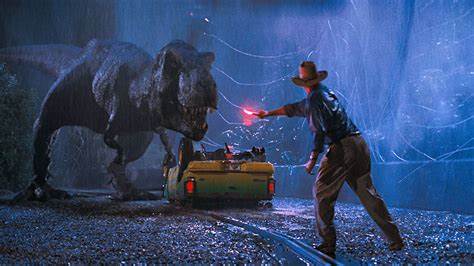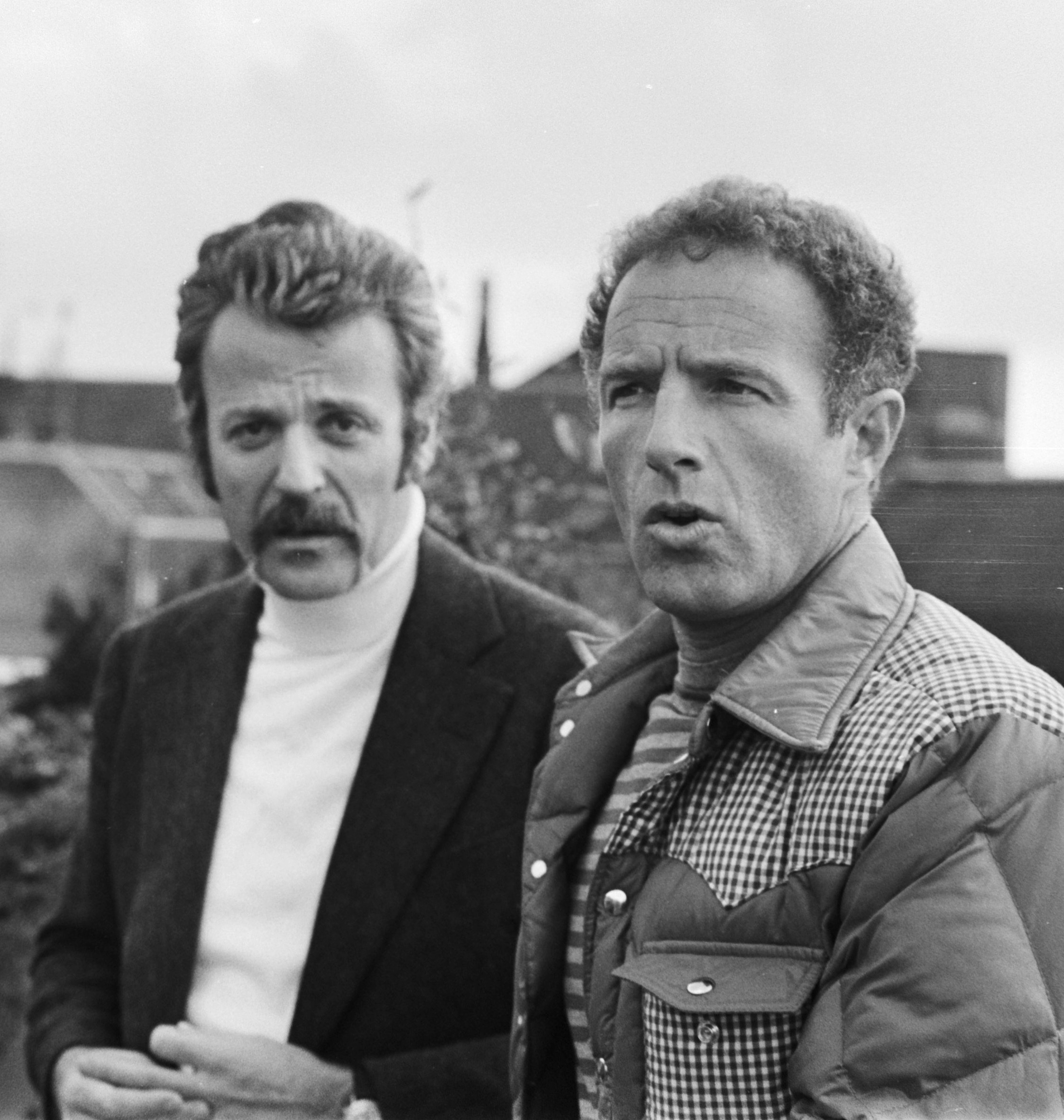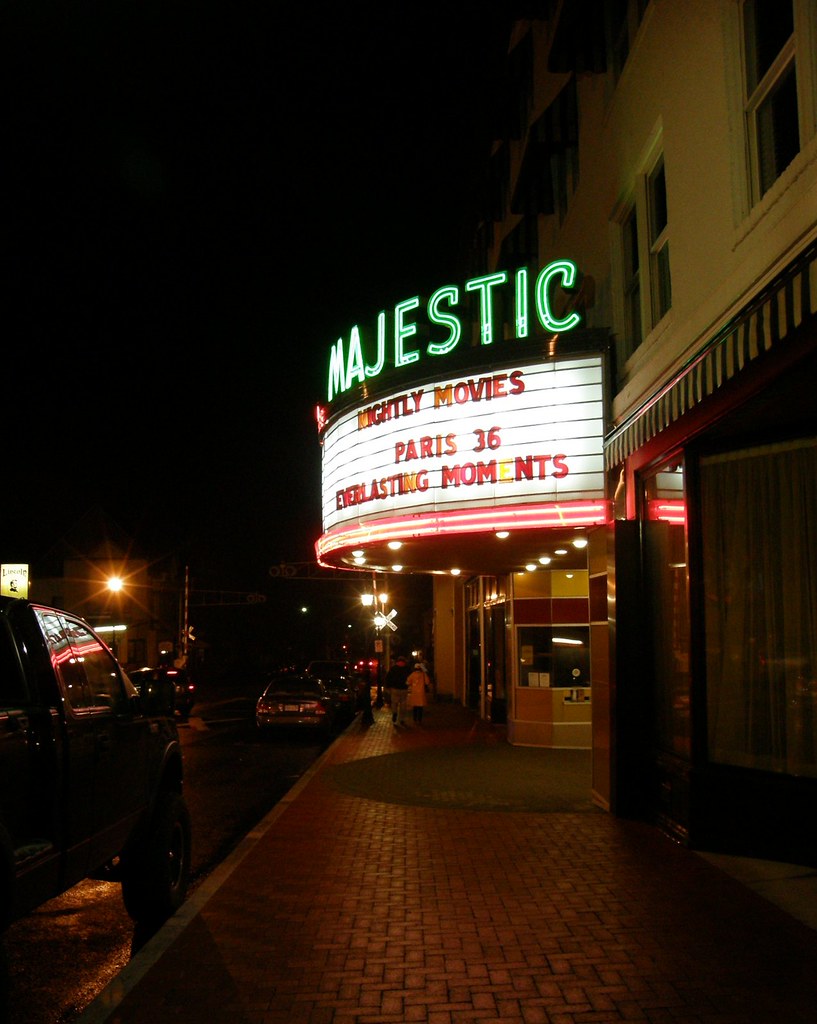
The magic of cinema often lies in its ability to transport us to other worlds, to tell stories that resonate deeply, and to create moments that feel utterly real. While countless hours are spent crafting intricate scripts and rehearsing every line, some of the most enduring and beloved scenes in film history weren’t planned at all. They emerged from the sheer brilliance of actors in the moment, seizing an opportunity to inject raw, unscripted authenticity that caught everyone—especially their co-stars—completely off guard.
These aren’t just minor ad-libs; these are instances where the boundary between character and performer dissolved, leading to reactions so genuine they simply couldn’t be faked. Imagine being on set, deep in character, only for a fellow actor to deliver a line or perform an action so unexpected, your surprise or shock becomes a permanent, celebrated part of the film. It’s a testament to the power of improvisation, adding layers of realism and emotional depth that a script alone might never achieve. These moments often elevate a scene from good to legendary, proving that sometimes, the best dialogue is the one you never wrote down.
We’re about to delve into some of the most iconic and jaw-dropping examples of these unscripted gems, where the camera captured not just acting, but pure, unfiltered human reaction. From sudden outbursts to unexpected physical blows, these are the times when ‘weren’t acting’ became the ultimate compliment, immortalizing expressions of genuine shock and surprise on the silver screen. Prepare to discover the incredible stories behind these truly unforgettable cinematic breakthroughs.
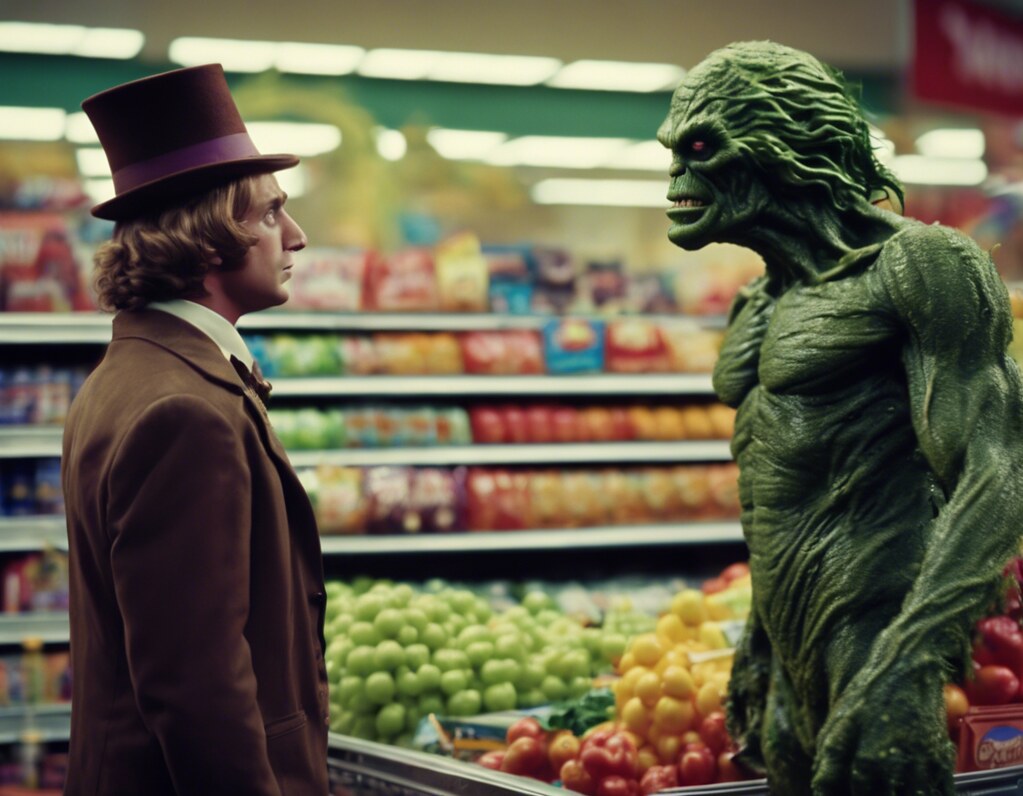
1. **”You Lose, Good Day Sir!” – Willy Wonka & the Chocolate Factory**The whimsical world of Willy Wonka’s chocolate factory is filled with magic, wonder, and a touch of underlying menace. One of the most unforgettable and genuinely unsettling moments comes when Gene Wilder, as the eccentric Willy Wonka, confronts Charlie about stealing fizzy lifting drinks. While the line itself, “You lose, good day sir!”, was part of the original script, what made the scene truly iconic was Wilder’s delivery, which took everyone by surprise.
Wilder’s furious tone and abrupt outburst were entirely improvised, a sudden shift from his usually charming, enigmatic demeanor. This unexpected display of rage wasn’t just powerful acting; it was a deliberate choice by Wilder to keep his young co-star, Peter Ostrum (who played Charlie), off balance. The result was a palpable sense of tension and confusion on screen, as Ostrum’s reaction was one of genuine shock. He hadn’t been warned about the intensity Wilder would bring, making his wide-eyed, stunned expression completely authentic.
This impromptu choice added a much-needed layer of unpredictability and complexity to Wonka’s character. It showcased his mercurial nature, reminding audiences that beneath the colorful exterior lay a stern, demanding figure. The scene brilliantly captured the innocence of Charlie confronting an unpredictable adult, enhancing the emotional stakes and making Wonka’s anger all the more impactful because it felt so real, amplified by Ostrum’s unfeigned response.
Ultimately, this moment cemented Gene Wilder’s performance as legendary, not just for his line delivery, but for his masterful ability to manipulate the on-set environment to extract a truly authentic reaction. It’s a perfect example of how an actor’s unscripted choice can profoundly affect the realism of a scene, creating a memorable moment that resonates with audiences long after the credits roll.
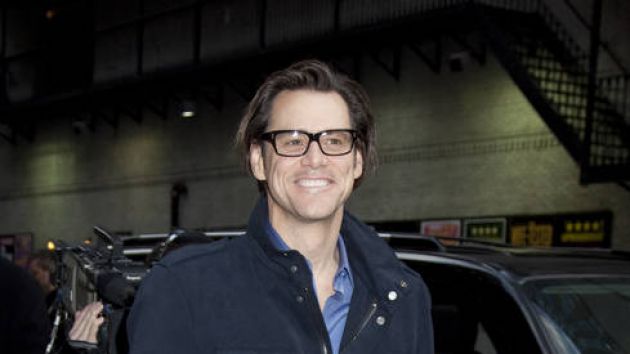
2. **”Big Gulps, Huh? Well, See You Later!” – Dumb and Dumber**Jim Carrey is renowned for his comedic genius and knack for improvisation, and *Dumb and Dumber* is a treasure trove of his spontaneous brilliance. Among the film’s many laugh-out-loud moments, one particularly shines for its sheer unexpectedness and the genuine reactions it captured: Lloyd’s bizarre interaction with two random strangers. This brief exchange perfectly encapsulates the film’s anarchic humor and Carrey’s unparalleled ability to find comedy in the mundane.
The now-iconic line, “Big gulps, huh? All right! Well, see you later,” was entirely improvised by Carrey. It wasn’t directed at fellow actors or part of a carefully constructed scene with extras. Instead, it was delivered to two random onlookers who simply happened to be watching the film set. Carrey, fully embodying the oblivious and socially awkward Lloyd, decided to engage them in a completely unscripted, nonsensical exchange.
The genius of this moment lies in the authentic reactions of these unsuspecting individuals. Their bewildered expressions and polite, yet clearly uncomfortable, responses were entirely genuine, as they were not actors and had no idea they would become part of cinematic history. This unscripted interaction added an invaluable layer of realism and observational humor to the film, highlighting Lloyd’s endearing oddity through the lens of everyday people’s reactions.
Director Peter Farrelly recognized the gold he had captured. The spontaneity of Carrey’s delivery combined with the pure, unadulterated reactions of the bystanders made for an unforgettable comedic gem. It stands as a testament to the power of improvisation in comedy, proving that sometimes, the funniest moments are the ones that are least expected, arising from an actor’s bold choice to engage with the real world, much to the audience’s delight.
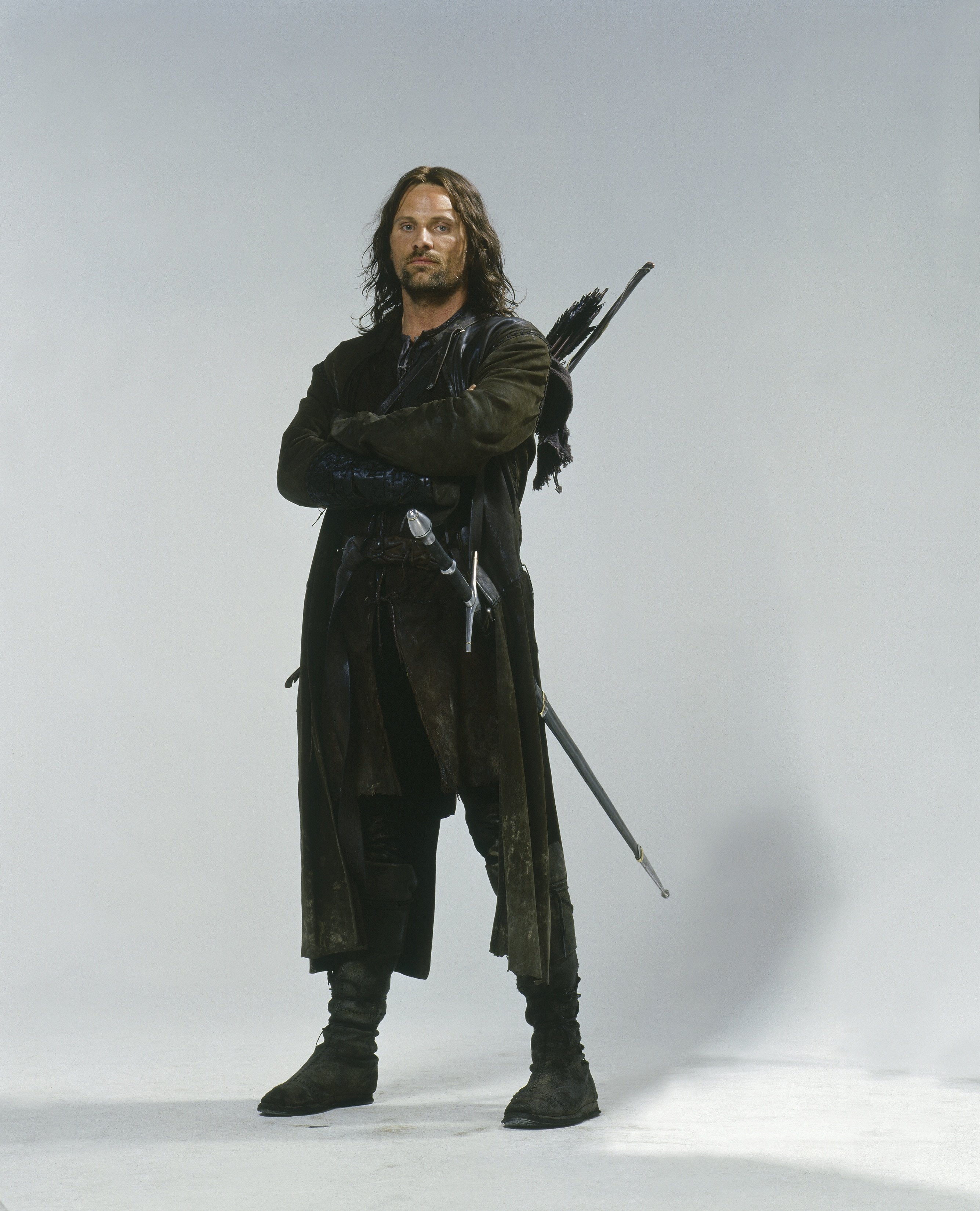
3. **Aragorn’s Scream – The Lord of the Rings: The Two Towers**In *The Lord of the Rings: The Two Towers*, there’s a powerful and visceral scene where Aragorn, believing Merry and Pippin to be dead, kicks an Uruk-hai helmet in a fit of despair and rage. The raw emotion conveyed by Viggo Mortensen in this moment is undeniably impactful, and what many fans might not realize is that the intense scream he lets out was not a performance, but a genuine reaction to severe pain.
During the filming of this scene, Mortensen, in his unwavering dedication to the role, actually broke two toes when he kicked the heavy, metal helmet. The scream captured on camera was not a carefully orchestrated piece of acting; it was the unadulterated cry of an actor experiencing real physical agony. This unexpected injury, and Mortensen’s decision to stay in character and channel that pain, added an unparalleled layer of authenticity to Aragorn’s emotional outburst.
Director Peter Jackson, recognizing the incredible raw power of the moment, chose to keep this authentic scream in the final cut of the film. It infused Aragorn’s character with a profound sense of realism, portraying his despair and physical prowess in a way that simply could not have been simulated. This genuine, unscripted reaction elevated the scene from a powerful cinematic moment to a legendary display of an actor’s commitment and the serendipity of filmmaking.
This incident serves as a remarkable example of how the line between actor and character can blur, where genuine human experience directly enhances a fictional narrative. Mortensen’s pain became Aragorn’s despair, making the scene a testament to the unexpected ways in which true emotion can emerge on set, creating unforgettable, impactful cinema that leaves audiences in awe of the dedication behind the craft.
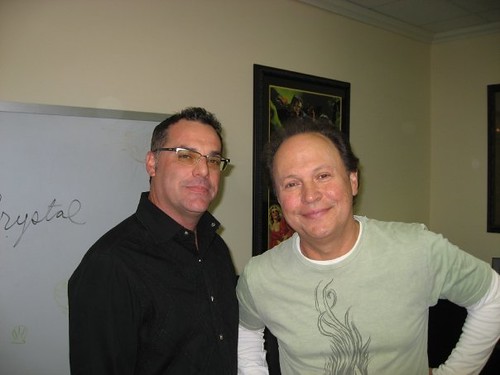
4. **”I would be proud to partake of your pecan pie” – When Harry Met Sally***When Harry Met Sally* is celebrated for its witty dialogue and the undeniable chemistry between its leads, Billy Crystal and Meg Ryan. While the script was undoubtedly sharp, one charming and hilarious moment was born entirely out of Billy Crystal’s quick wit and ability to improvise. This ad-lib added a delightful, quirky layer to Harry’s character and elicited a wonderfully genuine reaction from Meg Ryan.
During a lunch scene, Billy Crystal’s character, Harry, spontaneously delivered the line, “I would be proud to partake of your pecan pie.” He accompanied this unscripted offering with a playful accent and a mock-serious tone, perfectly capturing Harry’s endearing, eccentric personality. This moment wasn’t in the script, and Meg Ryan, playing Sally, was genuinely taken aback by Crystal’s sudden comedic flourish.
Ryan’s initial surprise is evident on screen, a subtle flicker of unscripted amusement before she gracefully plays along with his antics. Her reaction, transitioning from mild bewilderment to a shared smile, speaks volumes about the natural chemistry between the two actors and their ability to work off each other’s spontaneity. Director Rob Reiner, witnessing this brilliant, unscripted exchange, was so impressed that he made sure it remained in the final cut of the film.
This particular improvisation is a prime example of how ad-libbing can not only enhance a character’s personality but also strengthen the dynamic between co-stars. It allowed for a moment of authentic human interaction and shared humor that felt completely organic, further solidifying *When Harry Met Sally*’s reputation as a romantic comedy classic where the magic often happened between the lines. It showcased how a surprise can lead to an even more endearing and memorable cinematic gem.
The silver screen has a remarkable way of immortalizing moments, but sometimes, the magic isn’t meticulously scripted; it’s born from the raw, unadulterated reality of the moment. We’ve already marveled at how actors like Gene Wilder and Viggo Mortensen brilliantly injected authenticity into their performances, catching co-stars off guard or transforming genuine pain into unforgettable cinematic beats. But the wellspring of spontaneous brilliance runs even deeper, with more stories of on-set surprises that left audiences, and sometimes even the actors themselves, genuinely stunned.
These next few entries dive further into that fascinating territory where the line between actor and character completely blurs. Here, we celebrate the moments when directors recognized the gold in an unscripted reaction, preserving it forever to enhance the film’s narrative. From sudden metropolitan chaos to clever verbal parries born of forgotten lines, these are the unadulterated glimpses into genuine human experience that elevated good scenes to legendary status.
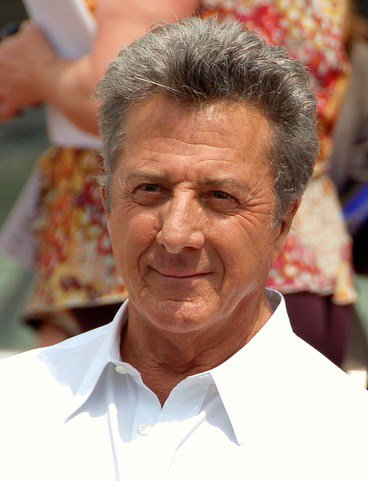
5. **”I’m walking here!” – Midnight Cowboy***Midnight Cowboy*, a gritty and poignant tale of two unlikely hustlers in New York City, is a landmark film that captured the raw, unpolished energy of the era. Among its many powerful scenes, one particular moment stands out for its sheer authenticity, born not from the script, but from the unpredictable chaos of real urban life and an actor’s lightning-fast reflexes. This wasn’t just good acting; it was Dustin Hoffman embodying his character, Ratso Rizzo, in the face of genuine peril.
The now-iconic line, “I’m walking here!”, delivered with a furious New Yorker edge, came about during a scene where Hoffman’s character and Jon Voight’s Joe Buck are crossing a busy street. The production team, working with a limited budget, couldn’t afford to shut down a real New York street for filming. Instead, they opted to “steal” the shot, meaning they filmed amidst actual traffic and pedestrians. This daring approach, while adding an undeniable layer of realism, also introduced an element of genuine unpredictability.
As Hoffman and Voight navigated the bustling street, a real New York taxi, oblivious to the film crew, nearly collided with Hoffman. In that split second, still fully immersed in his character, Hoffman instinctively reacted. He slammed his hand on the taxi’s hood and yelled the now-famous line, an unscripted outburst of frustration and anger that was a direct, authentic response to the near-accident. His shock and indignation were completely real, not performed.
Director John Schlesinger, recognizing the immense power and realism of the moment, was reportedly thrilled, exclaiming, “We must have that, we must have that!” He even had them “re-do it two or three times because he loved it,” as Hoffman recounted, though the initial, truly spontaneous take is often cited as the most impactful. This raw, unplanned interaction perfectly encapsulated the harsh, unforgiving environment Ratso Rizzo inhabited, giving audiences an unfiltered glimpse into his world and his resilient, albeit exasperated, spirit.
This ad-lib wasn’t just a clever line; it was a testament to Hoffman’s deep immersion in his role and the film’s commitment to capturing an unvarnished truth. It showed how a real-life mishap, when embraced by a dedicated actor and a keen director, could transcend mere circumstance and become a defining, unforgettable piece of cinematic history, perfectly conveying the unpredictable energy of New York and the characters’ desperate struggle within it. It remains one of the most celebrated improvisations, not just for its impact, but for its utterly genuine origin.
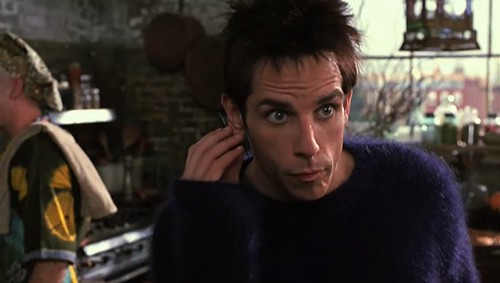
6. **”But… Why Male Models?” – Zoolander***Zoolander*, a cult classic in the realm of satirical comedies, thrives on its witty dialogue and the brilliantly absurd performances of its cast. While much of the film’s humor is carefully crafted, one of its most quoted and utterly hilarious lines sprang from an unexpected moment of on-set spontaneity, leading to a perfectly natural and comedic exchange between two seasoned actors. This improvisation highlights the brilliance that can arise when actors truly listen and react to one another in the moment.
The scene in question features Ben Stiller’s dim-witted supermodel, Derek Zoolander, in a critical briefing with David Duchovny’s enigmatic hand model, J.P. Prewitt. Prewitt is explaining a vast, sinister conspiracy involving the fashion industry, and how male models are unwittingly being used as assassins. The gravity of the information, however, is consistently undermined by Zoolander’s spectacular lack of comprehension and his inability to grasp the obvious.
During filming, Stiller genuinely forgot his lines. Instead of breaking character or calling for a cut, he instinctively repeated his previous question: “But… why male models?” This wasn’t a planned comedic beat; it was a moment of authentic actorly blankness that, by sheer happenstance, fit perfectly into the character of Derek Zoolander, whose mind often operates on a different, far less logical, plane than those around him.
The genius of this improvisation is fully realized in David Duchovny’s reaction. Without missing a beat, and entirely in character as the deadpan, serious J.P. Prewitt, he responded as if Stiller’s repetition was a genuine, albeit slow-witted, follow-up. Duchovny’s straight-faced, unhesitating delivery maintained the comedic flow, transforming a forgotten line into a brilliantly executed, unscripted comedic moment. His ability to stay in character and react authentically to Stiller’s unexpected repetition is what made the scene truly shine.
This impromptu exchange not only became one of *Zoolander*’s most quoted lines but also perfectly exemplified the film’s unique brand of humor. It showcased the actors’ quick thinking and their deep understanding of their characters’ dynamics, proving that sometimes, the most memorable lines are born not from meticulous scripting, but from the organic, unscripted ebb and flow of a truly engaging performance. It’s a testament to how even a simple mistake can lead to comedic gold, especially when co-stars are genuinely in tune with each other.
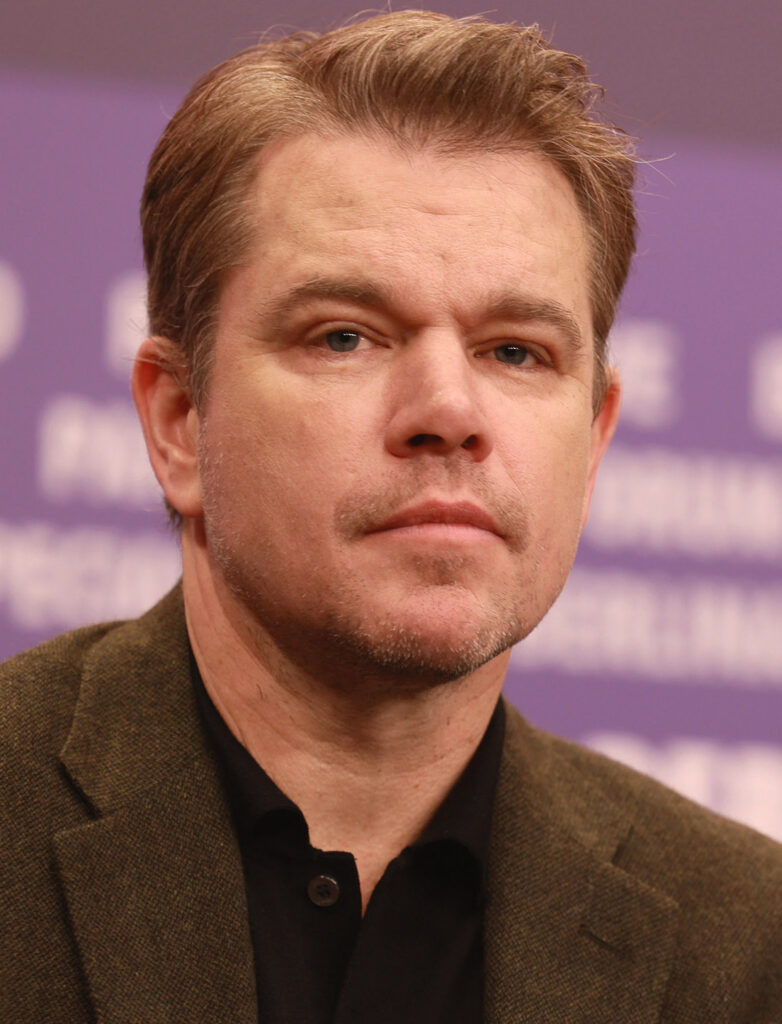
7. **“Son of a bitch. He stole my line.” – Good Will Hunting***Good Will Hunting* is a film celebrated for its profound dialogue, emotionally resonant performances, and the undeniable chemistry between its leading actors, Matt Damon and Robin Williams. While many of the film’s most impactful lines were meticulously penned, one particularly touching and meta-comedic moment came directly from Robin Williams’ improvisational genius, eliciting a truly genuine and enthusiastic reaction from his co-star, Matt Damon.
The scene in question is the emotional culmination of the film, where Sean Maguire (Robin Williams) reads a farewell letter left by his protégé, Will Hunting (Matt Damon), who has decided to leave Boston to pursue a relationship with Skylar. The letter, penned by Will, contains a callback to an earlier conversation: “Sorry, I had to go see about a girl.” This line itself was a significant, heartfelt callback within the script, symbolizing Will’s growth and courage.
However, in the final take used for the film, Robin Williams, in an inspired burst of improvisation, added an unscripted reaction after reading Will’s final words. As he finishes the letter, he looks up and delivers the perfectly timed, exasperated, yet proud line: “Son of a bitch – he stole my line.” This wasn’t in the script, and Matt Damon, who was providing the voiceover for the letter from behind the camera, was completely taken by surprise.
Damon himself later recounted his reaction: “There was nothing scripted there. Every time he came out for a new take I would read the letter to him because it’s a voiceover. He came out saying different lines every single time. When he said, ‘Son of a bitch – he stole my line,’ I grabbed Gus [Van Sant, director] It was like a bolt.” This immediate, visceral reaction from Damon wasn’t acting; it was genuine astonishment and delight at Williams’s brilliant, unscripted addition, capturing a moment of pure, unfiltered camaraderie and admiration between the two actors.
Williams’s ad-lib not only added a layer of meta-humor, acknowledging the film’s own dialogue, but also served to deepen the emotional connection between Sean and Will. It underscored the mentor’s pride in his student’s progress, even as he playfully chides him. This spontaneous moment, born from Williams’ incredible comedic timing and dramatic intuition, created a truly special and memorable ending, celebrating the bond forged between the characters and leaving an indelible mark on audiences who understood the deeper meaning behind the seemingly simple jest. It’s a perfect encapsulation of how improvisation can elevate an already powerful script.
These cinematic moments, born from unexpected turns and genuine human responses, serve as powerful reminders that filmmaking is a living, breathing art form. Beyond the carefully constructed narratives and meticulously rehearsed lines, it’s these fleeting, unscripted sparks of reality that often resonate most deeply, forging an unbreakable connection between the screen and our own experiences. They are not just movie lines; they are windows into the genuine emotions of the moment, forever etched into the annals of film history as testaments to the incredible power of improvisation and authentic human reaction. What an absolute joy it is to witness such brilliance, catching these legends in moments where they truly weren’t acting, but just *being*.


